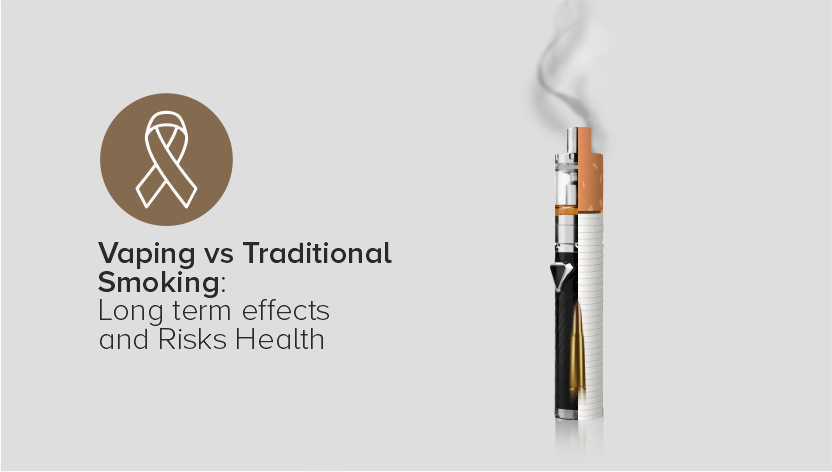
The tobacco industry is big business in every country, worth around £730 billion a year. This may seem odd for a product that has been responsible for more than 200 million deaths over the past 30 years.
But a lot of people still smoke. And new products like e-cigarettes have enabled the industry to diversify its products and broaden their appeal.
Big tobacco companies see this expansion as an important tool to improve public perception and normalise the continued use of tobacco products. After all, PR can be a challenge when there is a proven link between your product and death.
As part of this, tobacco companies have made very public commitments to “transform” and “reduce the health impact of their business.” While these statements are often vague, the two largest tobacco companies have publicly pledged to make changes.
Philip Morris International (PMI)’s focus is clearly on a “smoke-free future.” British American Tobacco (BAT)’s is a “better tomorrow.” At first glance, the change in direction for an industry that has done so much damage to the health of people and the planet seems encouraging.
But tobacco companies have long used carefully crafted narratives to maintain profitability and limit reputational damage. Research I conducted with colleagues shows that false mission statements about improving health and consumer choice distract the public from the serious health problems caused by smoking and nicotine. Nicotine is an addictive substance that many people find difficult to quit.
We can see this in the current rise in e-cigarette use, especially among young people. Since 2021, the number of 11- to 18-year-olds in England who vape has more than doubled, from 4% to 8.6%. Other countries are also on the rise.
The appeal of e-cigarettes to consumers is partly understandable. Like other personal electronic devices, e-cigarettes can be customized to individual tastes, with different flavors, nicotine concentrations and designs. Tobacco companies clearly see the potential of these products. On websites and YouTube videos, they repeatedly advocate “personal choice” and “freedom.”
Philip Morris International said it offers “the most promising path to better consumer choice for those who would otherwise continue to smoke.” British American Tobacco mentioned that “freedom to innovate” is at the heart of its efforts to give consumers what they want.
Both companies emphasize that individual consumer choice is a core concern. But evidence shows that this language is confusing and misleading.
Our research shows that tobacco companies continue to link these new products with messages about their potential to improve health and change the lives of adult smokers. But by putting consumer choice and individual freedom at the heart of its messaging, Big Tobacco places the onus on consumers to make the right choices. It ignores its own ongoing role in developing and promoting addictive products.
Mixed messages
Adding to the confusion is the sheer variety of new products. Disposable e-cigarettes, “snuff” (an oral tobacco product) and hookah pipes are among the many products available. Now there are nicotine-free ones too.
In fact, the UK’s official Medicines and Healthcare Products Database lists 16,950 products under the disposable e-cigarette category alone. Research suggests this level of abundance even affects people’s understanding of what “smoking” actually means. The sheer number of products creates a huge barrier to understanding the risks they may pose.

Tobacco companies don’t seem to particularly like the term “e-cigarette.” British American Tobacco prefers to describe it as a “vapour” or “non-combustible” product, while Philip Morris International uses terms such as “electronic vapor” or “smoke-free.”
Elsewhere, despite international treaties preventing political interference by big tobacco companies, the tobacco industry continues to lobby governments against stricter tobacco controls. At the same time, investment in traditional tobacco products such as cigarettes is also increasing. Because tobacco is very profitable.
Clever corporate storytelling has become part of a broader business strategy that has fueled public misconceptions about risk and created barriers to effective implementation of public health policies. All of which continues to exacerbate the suffering tobacco causes around the world.
A spokesperson for Philip Morris International called the underlying research “unreliable” and an attempt to “discredit legitimate corporate transformation rather than support efforts to phase out cigarette consumption.”
He added: “Our transformation speaks for itself. In 2023, global net revenue from our flagship smoke-free alternative IQOS (the company’s heated tobacco product) exceeded that of our best-selling cigarette brand, Marlboro, less than a decade after its launch.”
PMI plans to have smoke-free business account for “more than two-thirds of net revenue” by 2030, the spokesman said.
BAT did not respond to a request to comment on this article.





